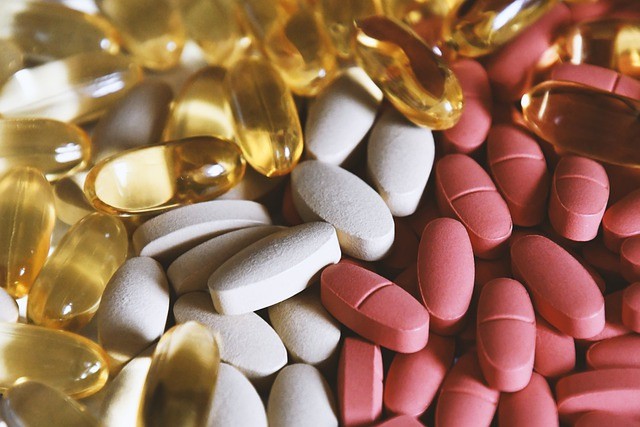Do You Really Need Supplements to Fight COVID-19? Here's What We Know

COVID-19 has made many consumers fall victim to supplements advertising themselves as protection against the disease, but can supplements really do that?
Using all sorts of vitamins and herbs as protection against disease isn't new. This COVID-19 pandemic has proven itself the same, especially as people have often confused the symptoms with the flu.
As Healthline made clear, no supplement is the real key to cure or prevent the disease. This holds true, even with COVID-19.
In fact, no research has supported the use of any supplement to protect against COVID-19
US Pharmacist said the best bet at protection against the virus is doing these three things: physical distancing, mask wearing, and proper hand washing.
Without a healthy lifestyle and adherence to safety precautions, supplements will also be of no use to anyone who consumes them.
Supplements can help people with specific health problems that make them at risk of catching the virus.
Here's what we know about three known supplements that are getting plenty of attention amid COVID-19:
Vitamin D
Also known as the "sunshine vitamin," Vitamin D has shown signs of protecting people from the pandemic.
Science News noted that, as a hormone building block, it helps strengthen a person's immune system.
A 2017 research from the British Medical Journal suggested a daily vitamin D supplement can help prevent respiratory infections, especially for those who are deficient.
But that's the key word: "deficient."
Most times, people just need to consume vitamin D rich food to meet their daily needs.
Those who are at higher risk or may be deficient are the people likely those in relatively cold weather. People whose religion also requires them to be completely covered may need to get their vitamin D levels checked too.
Some may think they need to get their vitamin D levels checked, especially with the pandemic. But most people actually do fine without having to check their vitamin D levels at all.
To learn more about common myths and misconceptions about vitamin D, click in this Latin Post report.
Zinc
Zinc lozenges are often hot sellers during the flu or colds seasons, and it's because it's meant to boost the immune system.
It is one of the most common supplements needed for immune system function. Zinc also serves a role in protecting the body from inflammatory response.
A deficiency in this can render a person with far lower immune functions and increased risk of infection or disease.
In September, researchers from Hospital Del Marin Barcelona found higher zinc levels in patients who survived COVID-19.
But, as it turns out, a Cleveland Clinic Journal of Medicine research found that zinc does not decrease the severity of symptoms. It could possibly decrease the duration of infection, but that's it.
Vitamin C
Vitamin C, commonly found in citrus fruits, is a potent antioxidant that's important for the immune system.
Its role in lowering COVID-19 severity is still unknown, despite studies showing its link to lower incidence of pneumonia.
While results are still unknown, researchers said it may be "worthwhile" to test on an individual basis how beneficial it is.
Various studies are underway or planned to find out if vitamin C can help in treating the coronavirus, including one at the Cleveland Clinic.
So far, scientists can safely say it tamps down dangerous inflammation that can be caused by severe symptoms.
It is vital for immune health and can reduce the duration of the severity of infections.
Check these out:
COVID-19 or Flu? These Symptoms Can Help You Differentiate
3 Myths About Vitamin D You Have to Stop Believing
Your Guide to Safety: What to Do If You Think You Have Coronavirus
Subscribe to Latin Post!
Sign up for our free newsletter for the Latest coverage!
© 2026 Latin Post. All rights reserved. Do not reproduce without permission.












